While some leaders welcome the tools, others warn of democratic erosion and local fallout
LAURIE WEIR
Strong mayor powers are heading to many local municipalities, and reaction from area leaders is mixed.
Rideau Lakes, Smiths Falls, Perth, Carleton Place, Elizabethtown-Kitley, Mississippi Mills, Lanark Highlands and Tay Valley are among the municipalities on the list.
The Ford government plans to extend the controversial powers to 169 more municipalities effective May 1, 2025. First introduced in Toronto and Ottawa in 2022, and later expanded to 47 municipalities, the latest rollout is framed by the province as a way to fast-track housing and infrastructure development across Ontario. Citizens have until April 16 to comment on the proposal.
The legislation allows mayors to hire and fire senior staff, propose municipal budgets, restructure departments, appoint committee chairs, and advance bylaws aligned with provincial priorities — particularly housing — with support from just one-third of council.
RIDEAU LAKES CONTROVERSY
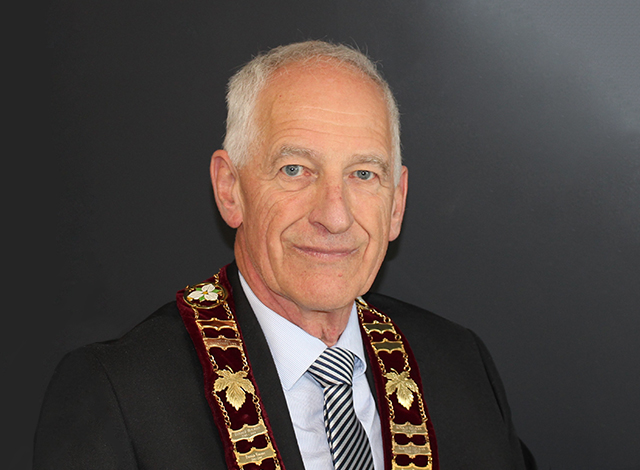
In Rideau Lakes, that would mean Mayor Arie Hoogenboom could move forward on certain decisions with backing from only three councillors, in a council currently split and down one member due to a pending by-election.
Hoogenboom said he’s open to using the powers “if necessary,” particularly when he believes council decisions threaten the township’s long-term sustainability.
He pointed to the multi-million-dollar rebuild of the township offices in Chantry as a recent example, claiming it is advancing with limited public consultation and carries a significant debt burden.
“I’m not going to stand by while poor decisions hurt this township,” Hoogenboom told Hometown News on April 10. “There hasn’t been enough public consultation. We’ve taken on considerable debt without engaging the public. And when they have been consulted — they’ve been ignored.”
He said his priority is not to Queen’s Park, but to the residents of Rideau Lakes. While he won’t use the powers lightly, he sees them as a potential course correction in what he describes as a dysfunctional council environment.
Meanwhile, his critics on council — including Coun. Paula Banks — say the powers are undemocratic and dangerous.
In a public petition launched April 9, Banks warned that the expansion would “allow mayors to unilaterally override council decisions, appoint senior municipal staff, and set budgets without the majority of council approval, undermining the principles of democratic governance.”
She wrote that “municipal governance functions best through a collaborative decision-making process where elected councils, representing the collective voice of their communities, work alongside experienced municipal staff.”
Banks also cited recent local and provincial examples of what she called “mayoral overreach,” including in Rideau Lakes, and cautioned that “democratic principles require that municipal governance remain a system of ‘one person, one vote,’ rather than granting disproportionate power to a single individual.”
“If these powers are used before that seat is filled, the entire balance of council could shift,” she said. “One-third support is not consensus. It’s not even close.”
Wendy Alford, a Rideau Lakes resident and member of Rideau Lakes Grass Roots, supports the introduction of strong mayor powers — cautiously.
“We’re dealing with a dysfunctional council, and these powers might be necessary to stop poor decisions,” Alford said. “But I also believe voters need to be extremely careful about who they elect as mayor in the 2026 municipal election. This is a corrective tool, not a blank cheque.”
PERTH TO HOLD SPECIAL MEETING

Perth Mayor Judy Brown made her position clear: she will not be using the powers.
She called the legislation undemocratic and warned it could lead to increased division within otherwise functional municipal councils.
“Council as a whole was elected to make decisions about the community,” she said in an emailed response. “Strong mayor powers would not improve democracy. It would be more like a dictatorship.”
Brown also noted that Perth has a well-established hiring process and collaborative structure that has worked well for years. The town will host a special meeting of council on Monday, April 14 at 9 p.m., which will be live-streamed.
EKT MAYOR WILL NEVER SAY NEVER
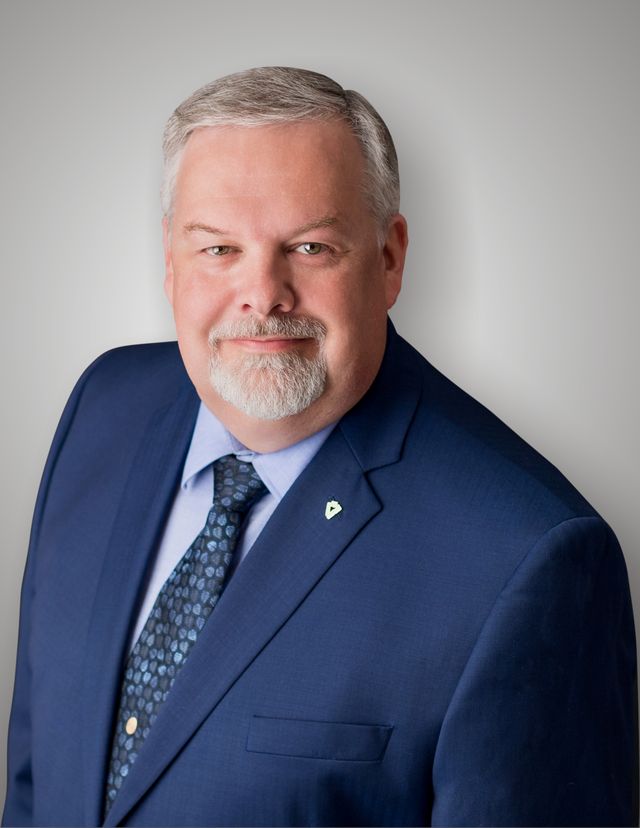
In Elizabethtown-Kitley, Mayor Brant Burrows said he has no specific intention of using the new powers.
“I am mindful of the adage ‘never say never,’ but fundamentally, I don’t have any specific intention to use any of the new powers,” Burrows told Hometown News.
He pointed to the Campus Habitations rental proposal at the former Rows Corners Fairgrounds as a key local priority — but said strong mayor powers wouldn’t solve the delays.
“In that specific instance, the delays we have experienced are related to two attempts to secure provincial grant money through the Housing Enabling Water Systems Fund. Unfortunately, neither of these were successful, so the proponent is pivoting and adjusting its plans so that they can take on the burden of that infrastructure directly,” Burrows explained.
He also described a drawn-out application process involving the now-discontinued Community Infrastructure Housing Accelerator tool, which has since been absorbed into the MZO process.
“Notwithstanding recent delays related to the provincial election, that process was grinding along at a pace which was not particularly quick — to the extent that the proponent and I both feel that the word ‘accelerator’ was a misnomer,” he said.
“This is a prime example of my point … that strong mayor powers will not address the bottlenecks we experience. They do not alter the fundamental provincial planning framework and its requirements, and they do nothing to address ministry processes and pace.”
As for how the powers might affect council dynamics, Burrows said: “Given my immediate stance on the issue, I don’t think this will affect my relationship with council or staff at all. If anything, I would hope they appreciate my continued commitment to work as a team. Especially being a border municipality, we certainly don’t have to look very far to see what a dictatorship looks like or what the consequences of that are. I have no interest in that whatsoever.”
Asked whether he might use the powers to hire or fire senior staff, Burrows replied, “I can’t foresee a circumstance where I would feel compelled to do that. I think we have a pretty robust process surrounding hiring staff for senior positions which includes working through a selection committee and ultimately involves final oversight and approval by council. It is good to have multiple sets of eyes looking at résumés, and multiple perspectives brought to the interview process.”
On transparency and legislative checks, Burrows noted: “The strong mayor powers include the ability for me to veto various matters — but on the other side of that, there is also a mechanism provided whereby council can override the veto. Of course, there are escalating thresholds for that.
“In theory, I can see where it is designed to try to strengthen the ultimate outcome of something that is otherwise weakly supported or contentious. If something is won on a 4–3 margin, and a mayor decides to veto that, ultimately leading to council strengthening its position by way of overriding the veto through a 5–1 vote … some may argue that is a better finish line.”
Burrows questioned the fit of the powers for Elizabethtown-Kitley: “At the end of the day, I just don’t feel it is relevant to our township and our circumstances.”
He also raised broader concerns about the democratic process, saying, “Strictly speaking, I think these powers could put democracy at risk.
“But that is an over-simplified question … and an over-simplified answer. Are voters well informed about how each of their incumbent candidates actually approach their duties? … I hate to say it, but I think a lot of voters cast their ballots out of a sense of obligation. I would have said duty, but that implies a sense of responsibility … and it involves a good deal of effort.”
“In the final analysis, democracy is a highly imperfect system — but, in my opinion, it is certainly much better than any of the alternatives. So I support it wholeheartedly.”
Burrows ended his comments with a pointed reflection on housing: “I want to be really clear about this. I support the notion of needing more housing because the rationale for that position is self-evident — not because it is the will of Queen’s Park. People need a place to live. Supply and demand, along with other factors, is driving any sense of affordability further and further out of reach.”
“No one — including me — wants to see this region turn into the GTHA, or even Nepean/Kanata, for that matter. … For Elizabethtown-Kitley, strong mayor powers don’t fit the bill.”
NON COMMITAL

Smiths Falls Mayor Shawn Pankow said the items will be on the Monday, April 14 council meeting for further discussion, while Carleton Place Mayor Toby Randell offered no comment at this time.
The Ministry of Municipal Affairs and Housing maintains that the legislation will help remove delays in housing and infrastructure development. But in small municipalities like Rideau Lakes (nine seats), Perth (seven) and Smiths Falls (six), critics say the powers could create imbalance — allowing mayors to advance controversial decisions with support from only two or three councillors.The public comment period for Ontario’s strong mayor legislation remains open until April 16 on the province’s Regulatory Registry.















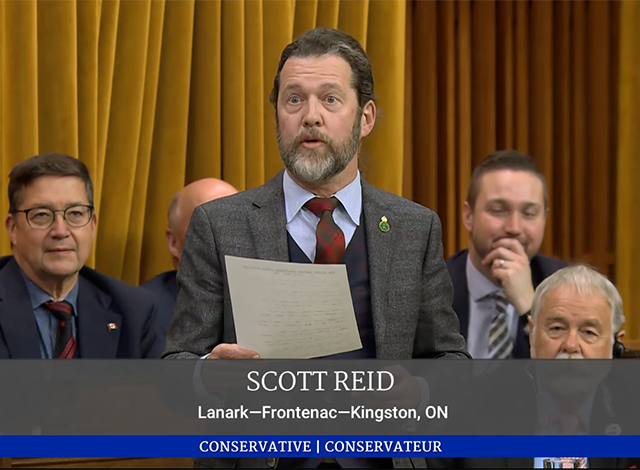

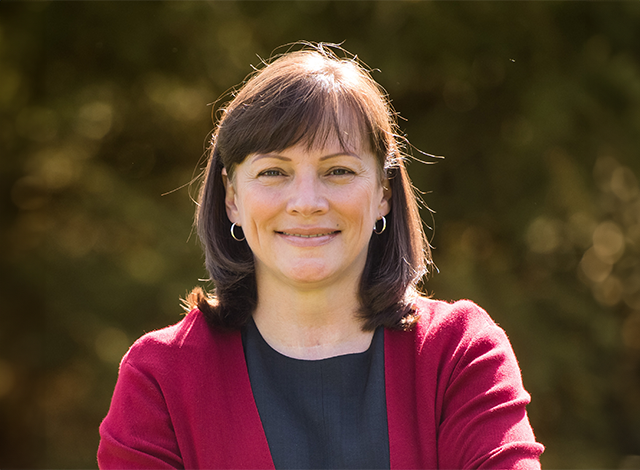

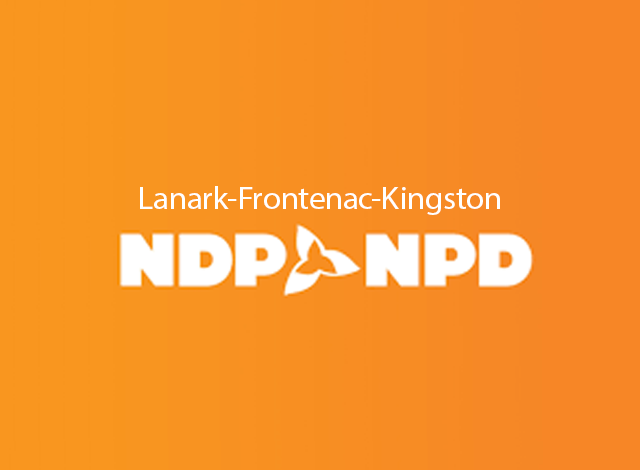


That’s dangerous shit, and shouldn’t happen!
Mayor Hoogenboom’s comments are fair and balanced. They represent the situation.in Rideau Lakes even if some councilors refuse to take a step back and see it. As someone who has repeatedly partaken in council sponsor feedback sessions only to have all feedback dismissed as not representative I am concerned. That said, while necessary using the powers will only creat greater division, acrimony, toxicity (between council members and with township staff), and dysfunction. Indeed I predict use of the powers will be a seen as a licence for some councilors to become more disruptive and abusive to each other and undertake to further restrict public input.